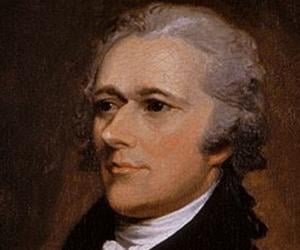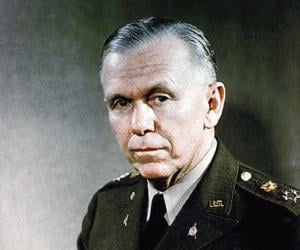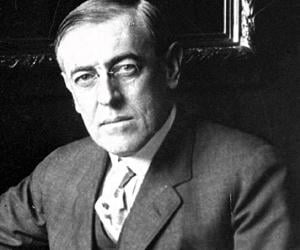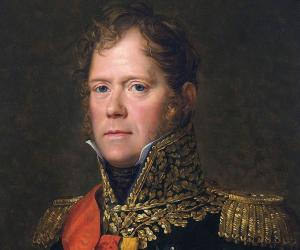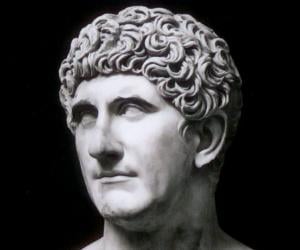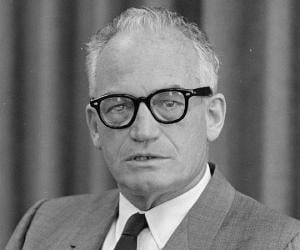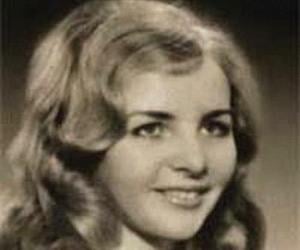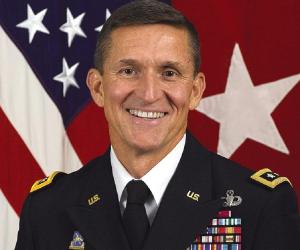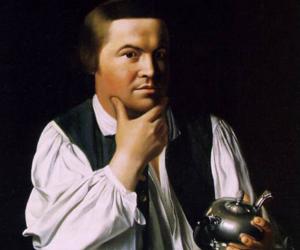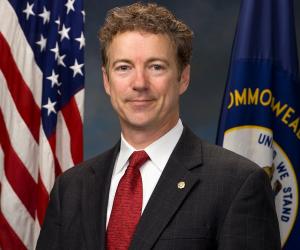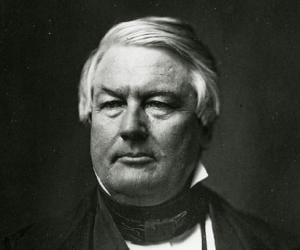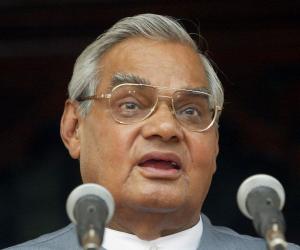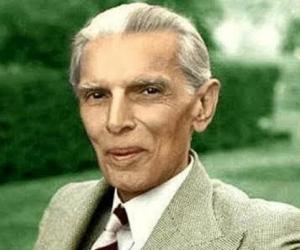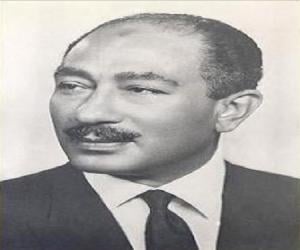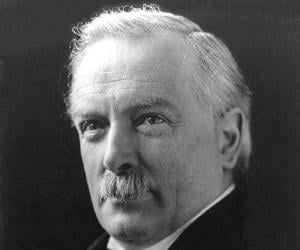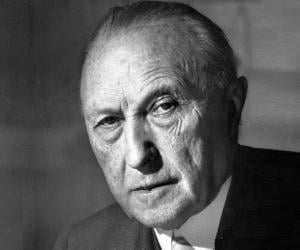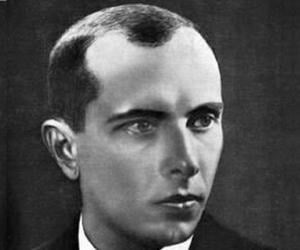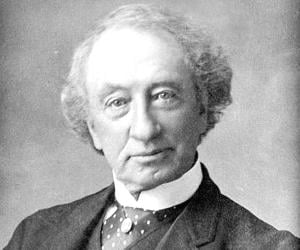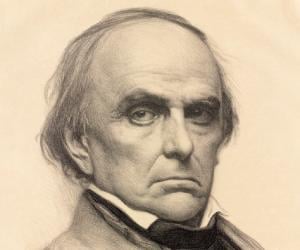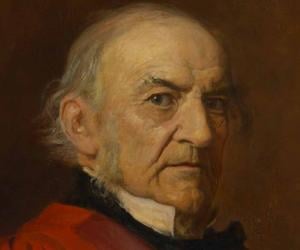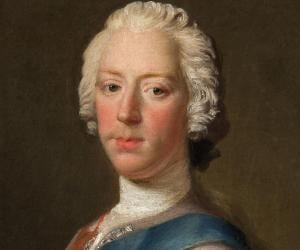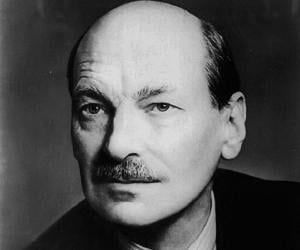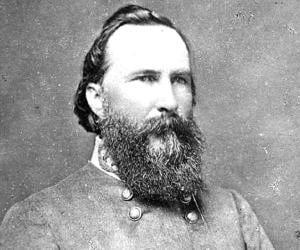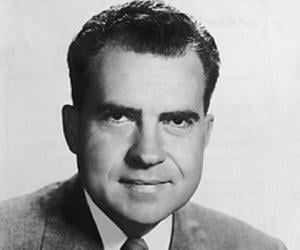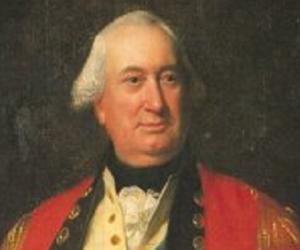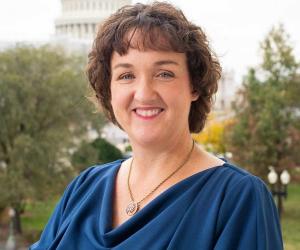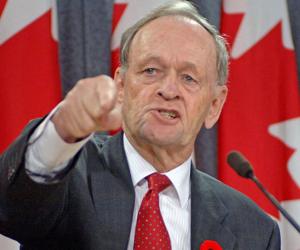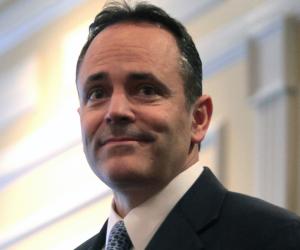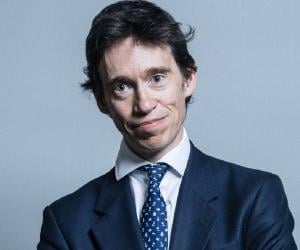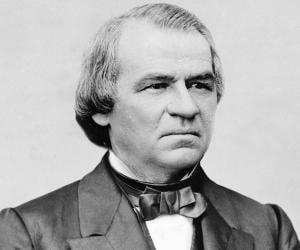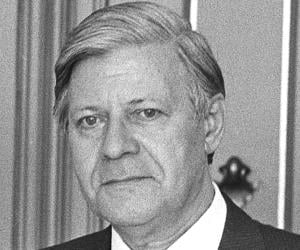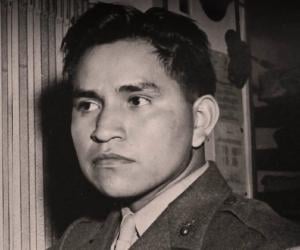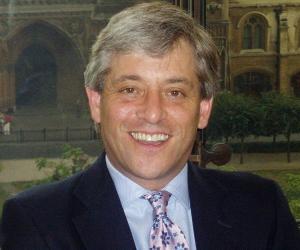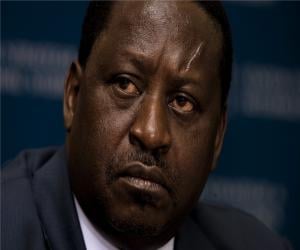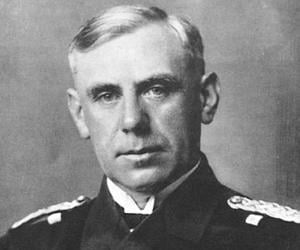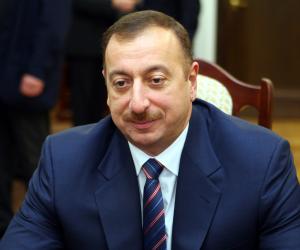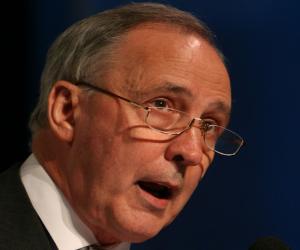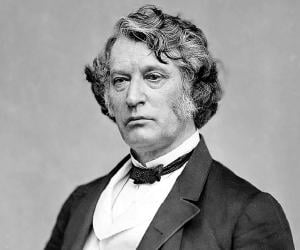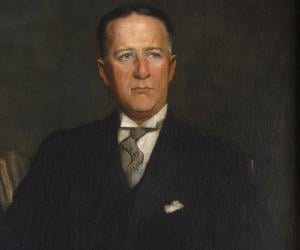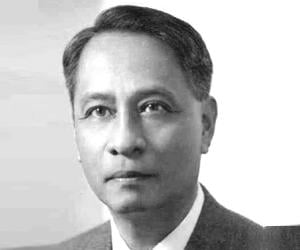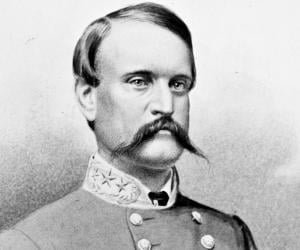Known as America’s one of the most influential Founding Fathers, Alexander Hamilton was a delegate to the Constitutional Convention and served as the first secretary of the treasury. He also fought in the American Revolutionary War and was considered as a leading votary of the strong central government.
A leader in the civil rights movement in the mid-twentieth century, Martin Luther King Jr. is best remembered for advancing civil rights through nonviolence and civil disobedience. A man of Christian faith who was inspired by Indian freedom fighter Mahatma Gandhi’s nonviolent activism, he was honored with the Nobel Peace Prize for fighting racial inequality.
A commander of the Confederate States Army during the American Civil War, Robert E. Lee commanded the Army of Northern Virginia. He was a skilled tactician who served in the US Army for 32 years. Brilliant from a young age, he was a top graduate of the US Military Academy. In his later years, he became president of Washington College.
George Marshall was an American statesman and soldier who played a key role in the Allied victory during the Second World War. Marshall served as the third US Secretary of Defense from 1950 to 1951. As Secretary of State, George Marshall advocated economic recovery programs to aid post-war European countries, for which he was honored with the Nobel Peace Prize.
From presidential cabin of Princeton University to presidential office of the White House, Woodrow Wilson ushered a series of progressive reforms that changed the American politics forever. The 28th President of USA, Woodrow Wilson introduced several ground-breaking policies including the Federal Reserve Act. He played a key role in founding the first intergovernmental organisation—the League of Nations—for which he was awarded the Nobel Peace Prize.
Benjamin Franklin is considered one of the founding fathers of the United States as he was a signer of both the Declaration of Independence and the Constitution. He was a writer, politician, scientist, inventor, civic activist, an accomplished diplomat and much more. He is a key figure in the history of physics for his discoveries and theories regarding electricity.
Michel Ney was a French military commander. One of the 18 Marshals of the Empire inaugurated by Napoléon Bonaparte, Michel Ney played important roles in the Napoleonic Wars and the French Revolutionary Wars. Nicknamed the Bravest of the Brave by Napoleon himself, Ney was renowned for his valor in wars.
Mark Antony was a Roman politician who played a key role in transforming the Roman Republic into the autocratic Roman Empire. Marc Antony is best remembered as one of Julius Caesar's generals during Caesar's Civil War. One of the most important figures in the history of Rome, Mark Antony has been the subject of several artistic portrayals since his death.
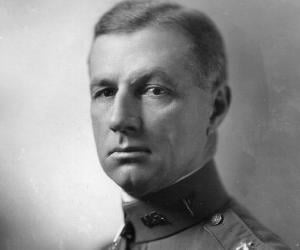
Entrepreneur Barry Morris Goldwater was a five-term Arizona senator. He represented the Republican Party in the 1964 presidential election, which he lost by a landslide margin to Lyndon B Johnson. He impacted the conservative and libertarian movements. He was a skilled photographer and loved collecting kachina dolls.
Michael Flynn is a retired US Army lieutenant general who played a key role in dismantling insurgent networks in the Iraq and Afghanistan wars. He also helped shape the US counterterrorism strategy in the wars. He also played a major role in the 2016 US presidential election, serving as Donald Trump's senior advisor throughout the latter's presidential campaign.
The son of former U.S. Representative Ron Paul, Rand Paul is currently the junior US Senator from Kentucky. Also a physician, he started practising ophthalmology in 1993 and has his own clinic. After recovering from the coronavirus disease, he started volunteering at a hospital. As a politician, he has focused on criminal justice reform.
Atal Bihari Vajpayee served as the 10th Prime Minister of India and was the first prime minister who did not belong to the Indian National Congress. The BJP politician had been a journalist and an RSS member. He was a noted poet, too. During his tenure as prime minister, he carried out Pokhran II nuclear tests in 1998 and declared India as a country with nuclear weapons capability.
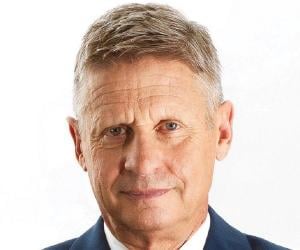
German politician, Konrad Adenauer, served as the first Chancellor of the Federal Republic of Germany from 1949 to 1963. He was also the co-founder and the first leader of the Christian Democratic Union (CDU). He played a key role in leading his country from the ruins of World War II to becoming a prosperous nation.
John A. Macdonald was the first prime minister of Canada. A dominant figure in Canadian politics for half a century, he was a lawyer by profession before venturing into politics. As a politician, he was influential in building Canada’s new government. To date, he remains one of the highest-rated prime ministers in Canadian history.
William Ewart Gladstone was a British politician and statesman. During a career that spanned six decades, Gladstone served as prime minister of the UK for 12 years, which included four different terms. Often counted among Britain's greatest leaders, Gladstone has been portrayed in several films and television series, such as Parnell, The Prime Minister, Edward the Seventh, and Number 10.
Clement Attlee was a British politician. As the Prime Minister of the UK, Attlee organized the granting of independence to Pakistan and India. in 1947. He also oversaw the independence of Ceylon and Burma. Regarded as one of the greatest prime ministers of the UK, Clement Attlee has been the subject of several plays and TV series.
Richard Nixon is the only American president in the history so far to resign from the office. His name is synonymous with the infamous Watergate scandal which led to his resignation. But his regime saw several positives too, such as end to the U.S involvement in the Vietnam War, improvement in the relationship with Soviet Union and China, and the establishment of the Environmental Protection Agency.

British army general Charles Cornwallis, 1st Marquess Cornwallis is best remembered for his stints as the governor-general of India and the viceroy of Ireland. Educated at Eton and Cambridge, he later started his army career with the Seven Years’ War. He was also part of the American War of Independence.
Currently a member of the House of Representative from the 45th Congressional District in Orange County, California, American politician Katie Porter practiced law before taking up teaching as her full time profession. Eventually she won the 2018 election to the House and is now a member of the House Natural Resources Committee and deputy chair of the Congressional Progressive Caucus.
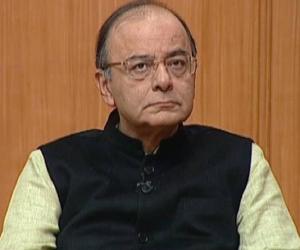
BJP member Arun Jaitley had led ministries such as finance, defense, and law and justice. The Indian politician was a skilled lawyer and had been part of cases such as the 2002 Pepsi vs. Coca-Cola case in the Supreme Court. He was awarded a Padma Vibhushan posthumously.
The son of a soldier and intelligence officer, Rory Stewart was educated at Eton and Oxford and was also a tutor to princes William and Harry. Apart from being a diplomat and MP later, he also traveled across several countries on foot and wrote about this remarkable journey in a bestselling book.
The 17th president of the United States, Andrew Johnson assumed the presidency while serving as the vice president when Abraham Lincoln was assassinated. Born in poverty, Andrew Johnson did not attend school. However, he worked his way up to become a prominent politician—an inspiring story indeed!
Helmut Schmidt, who had once been the chancellor of Germany, was also an avid art connoisseur and a talented pianist. The SPD member had also been associated with the DIE ZEIT magazine and is remembered for his efficient management of the Hamburg storm flood as the police senator of Hamburg.
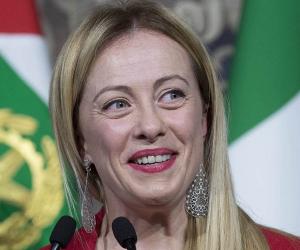
Raila Odinga is a Kenyan politician who has been the Leader of Opposition since 2013. From 2008 to 2013, Odinga served as the prime minister of Kenya. Before becoming the prime minister, Raila Odinga served as the Minister for Roads, Public Works, and Housing. At the African Union Commission in 2018, he was appointed High Representative for Infrastructure Development.
While Wilhelm Canaris became one of Hitler’s most trusted secret agents, he was actually supplying information to Britain all along. He went down in history as a man who was hanged twice for treason, first as part of torture for a few moments, and then for good.
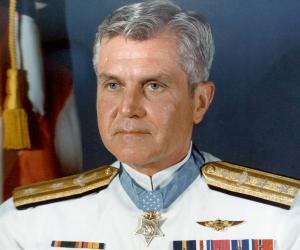
James Stockdale was an American aviator and US Navy vice admiral. He is best remembered for his time spent as a prisoner of war for more than seven years during the Vietnam War. His efforts during the war earned him the Medal of Honor. In 2002, James Stockdale was made an inductee of the National Aviation Hall of Fame.
Paul Keating is an Australian politician who served as the 24th Prime Minister of Australia and was in the office from 1991 to 1996. He previously served as the deputy prime minister of Australia and the treasurer of Australia. His tenure as the prime minister witnessed the enactment of the landmark Native Title Act to enshrine Indigenous land rights.
Charles Sumner was an American statesman, academic lawyer, and orator. As the leader of the anti-slavery forces in Massachusetts, Sumner played a major role during the American Civil War. He also played a crucial role during the Reconstruction era, seeking equal rights to the freedmen.
Manuel Roxas was a Filipino politician who served as the president of the Philippines from 1946 to 1948. He also served as the first president of the Third Philippine Republic after the USA relinquished its supremacy over the Philippines. Regarded as an important politician in the history of the Philippines, Roxas is depicted on the 100 Peso banknote.
From being the youngest vice-president of the United States to joining the Confederate Army during the American civil war, John Breckinridge was a controversial figure in politics. While he was regarded as a shrewd military commander, the former Democratic Congressman was considered a traitor in the northern region. He fled the US after the Civil War but later on returned.
